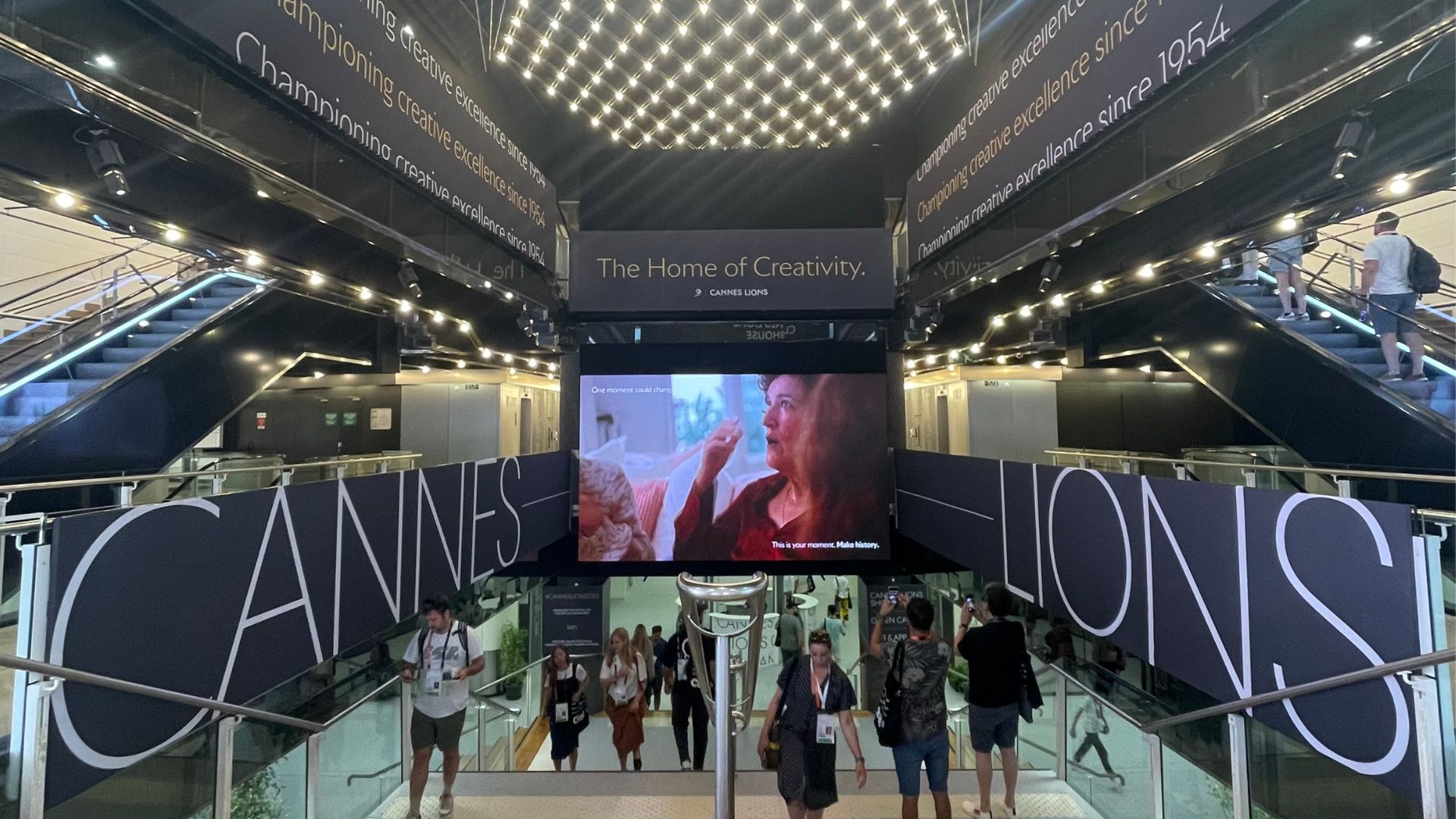 Earlier this year, ICCO helped launch a new feature of the Cannes Lions International Festival of Creativity, the Young PR Lions – a global competition of 28-and-under talent drawn from the world’s leading agencies to solve a pressing communications problem, in real time.
Earlier this year, ICCO helped launch a new feature of the Cannes Lions International Festival of Creativity, the Young PR Lions – a global competition of 28-and-under talent drawn from the world’s leading agencies to solve a pressing communications problem, in real time.
This was a calculated risk, but with huge upside. Showcasing the power of PR with our best and brightest stars on a global stage is a statement of confidence about how far PR has come and how promising the future is for those who do it right – with the passion and expertise fostered by ICCO and its members associations around the world.
Still, someone had to light the way, so hats off to the ICCO board for supporting the idea and to our agency supporters, H+K Strategies, GolinHarris, Ogilvy and my own team at Ketchum for seeing the opportunity and committing to it with financial support.
I have now had the opportunity to interact with many of these young lions in three countries (as a juror in the UK completion, as a coach for the German team, and as a colleague of the Austrian team, drawn from our agency in Vienna) and I can safely say that PR is a great investment with professionals like this rising through the ranks.
At the final round of competition at Cannes, a panel of industry veterans will decide who takes home a trophy, but in the mean time I have been struck by several lessons the young lions can teach old PR veterans like me:
• To rise, you have to shine – and vice versa. The first thing that has struck me about these professionals? Their willingness to rise up to a challenge, risk disappointment, and show what they can do. To stand out, you have to step up. These guys are fearless.
• We are defined by what we bring. Today. Experience is priceless, but often we use it as an excuse (‘tried it”, “won’t work”, etc.) to avoid new ideas or big thinking, rather than as a guide to keep innovation on track. In these competitions, with just a few hours to propose solutions, the teams are unfettered by decades of experience; they just let the biggest ideas break through. In the real world of course, experience can be a great filter, but it should never drown out creativity.
• Social is the new traditional media. Strange how often I hear experienced PR advisors still talking about social versus traditional media. Not one young lion draws such an artificial distinction; they are much more likely to discuss content or channels in terms of earned, owned, shared or paid.
• Problems are solved with changes in attitude or behavior. Not with “coverage.” One of my happiest discoveries: how many of their programs/campaigns focused on what would change minds in order to deliver objectives, rather than what generate “media interest.”
Don’t get me wrong. We seasoned pros still have a few tricks to teach. For example, “creating buzz”is not really a meaningful goal. What’s cool or trending is not always an insight in itself. And budgets are quite important, in the real world.
But if these young lions are at all representative of the wider agencies we’re leading, we have a lot to look forward to.


